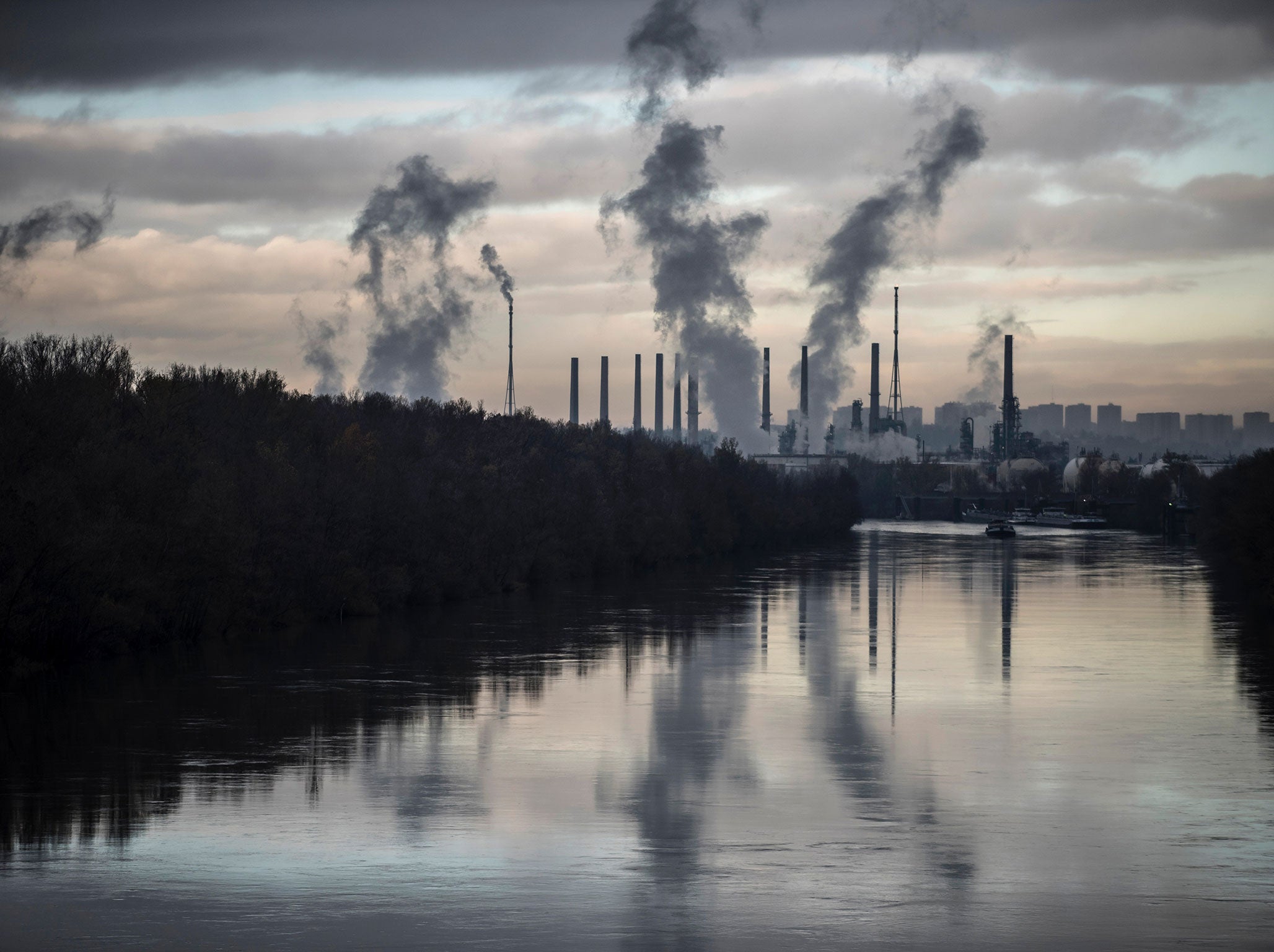Global warming to make 2015 hottest year ever, UN agency announces ahead of Paris climate talks
'The state of the global climate in 2015 will make history for a number of reasons,' the head of the UN's climate body warns ahead of major talks at the end of the month

This year will very probably be the hottest year ever, according to the World Meteoreological Organisation.
Global warming and the “El Nino” in the Pacific have pushed up temperatures, making the year so far the hottest on record.
Temperatures are now 1-degree higher than they were, compared to pre-industrial levels.
The organisation made the warning of “bad news for the planet” ahead of the landmark climate talks in Paris at the end of this month. At that meeting, world leaders are expected to agree on measures to stop temperatures rising beyond key measures.
That conference will be concerned with keeping global warming from pushing over the 2-degree threshold. Scientists and environmentalists have warned that when the climate reaches that point, huge changes are likely to hit the natural world.
The years 2011 to 2015 have been the warmest five-year period on record, with extreme events such as heatwaves influenced by climate change, the UN's weather, water and climate body said.
WMO secretary-general Michel Jarraud said: "The state of the global climate in 2015 will make history for a number of reasons.
"Levels of greenhouse gases in the atmosphere reached new highs and in the northern hemisphere spring 2015 the three-month global average concentration of CO2 crossed the 400 parts per million barrier for the first time.

"2015 is likely to be the hottest year on record, with ocean surface temperatures at the highest level since measurements began. It is probable that the 1C threshold will be crossed. This is all bad news for the planet.
"Greenhouse gas emissions, which are causing climate change, can be controlled. We have the knowledge and the tools to act. We have a choice. Future generations will not."
Global sea surface temperatures are likely to equal or surpass the record they set last year, while 2015 is also set to be one of the warmest years ever recorded over land.
South America and Asia are having their hottest years on record, while Africa and Europe are experiencing their second hottest year.
Global sea levels in the first half of 2015 were at their highest level since satellite observations became available in 1993, while record ocean temperatures have led to a global coral bleaching event.
Many extreme events seen in the 2011-2015 period, in particular heatwaves and unusually hot summers or years, have become more likely because of human-induced climate change, scientific assessments show.
Such events included hot summers in western Europe in 2013 and record annual warmth across Europe in 2014.
Dr Ed Hawkins, climate scientist at the National Centre for Atmospheric Science (NCAS), University of Reading, said: "Not only is 2015 going to be the warmest year on record, but analysis by climate scientists shows that the vast majority of this extra heat is as a result of human activity emitting greenhouse gases."
He said roughly 95% of the 1.05C above pre-industrial temperatures that the world is expected to be in 2015 was due to human activity.
He added: "While 2015 will not break 2014's record as the hottest year in the UK, we know that over longer timescales Britain is warming up 20% faster than the global average.
"Land areas warm faster than the oceans, which means that many regions on land worldwide, and where most people live, passed the one-degree threshold years ago, and are continuing to heat up faster than the global average."
Additional reporting by Press Association
Join our commenting forum
Join thought-provoking conversations, follow other Independent readers and see their replies
Comments
Bookmark popover
Removed from bookmarks